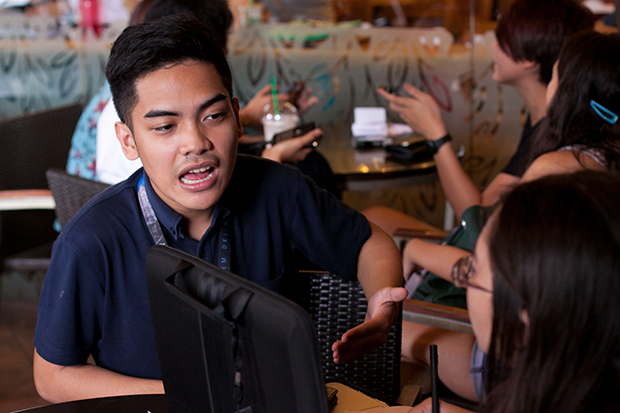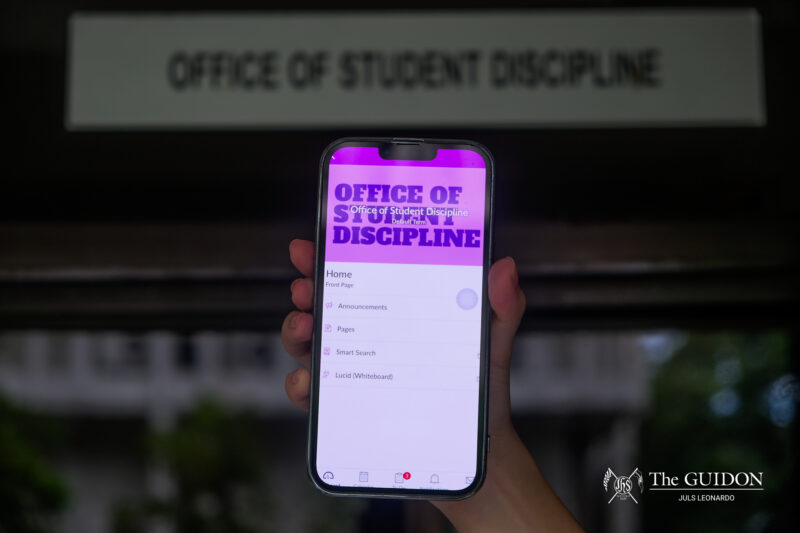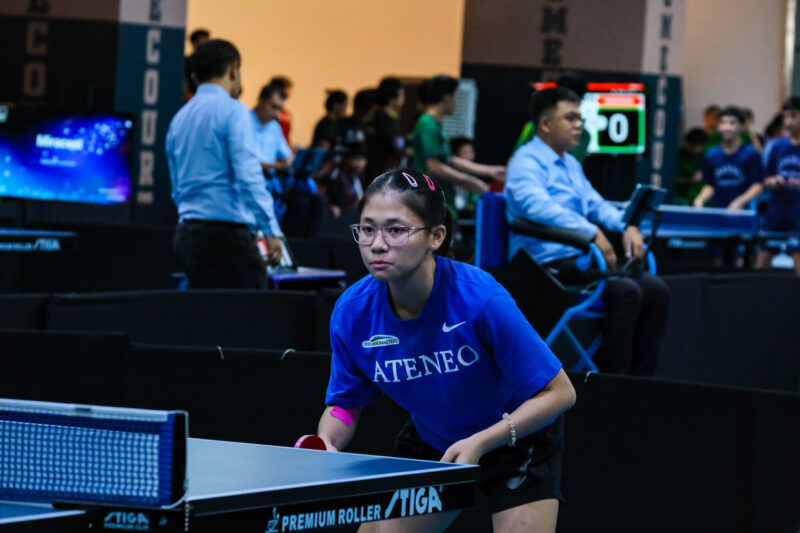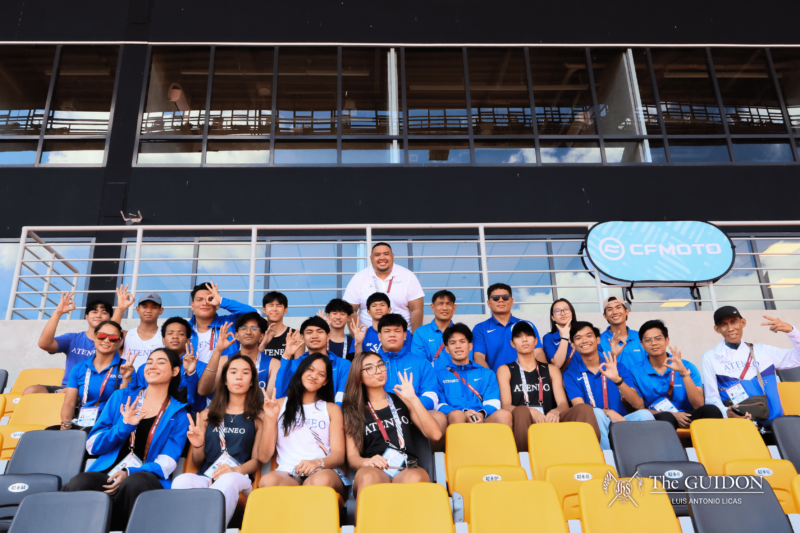ATENEANS RESPOND to the demand of fellow youth groups for a “porkless” national budget as they participate in the “loose coalition” called Youth Against Pork (YAP).
YAP is a network of youth organizations across the country that aims to raise awareness and encourage involvement among the youth with regard to national budget processing and allocation.
According to YAP Research Head Exequiel Salcedo, the youth group wants to abolish the pork barrel system as it is currently being used.
With the Congress’ decision to scrap and redistribute the controversial Priority Development Assistance Fund (PDAF), YAP calls for the budget to be reallocated towards line agencies with more programs of which the youth are the beneficiaries.
“What we’re (YAP) trying to do is try to lobby for [budget] committee members to prioritize the line agencies where the youth will actually receive services from,” he said.
YAP was formed two days before the Million People March held last August 26 at Luneta Park. The coalition was established through the initiatives of the National Anti-Poverty Commission Youth and Student Sector (NAPC-YSS) and the Akbayan Youth.
The Ateneo Assembly, the School of Social Sciences Sanggunian, the Christian Union for Socialist and Democratic Advancement (Crusada) and a number of political science majors are active members of YAP.
Appeal to legislators
In an open letter addressed to the House of Representatives, the youth coalition called on legislators to “be role models” by abolishing all forms of pork barrel and investing more in the youth.
YAP demanded prioritization of youth education and health projects such as the expansion of the Commission on Higher Education’s (CHED) scholarship programs and the investment on teenage pregnancy awareness and prevention programs.
YAP members based their propositions from the studies conducted by NAPC-YSS and the roundtable discussions they have had with the Department of Budget and Management.
In budget plenary debates, the Congress has made plans to redistribute the 25.2-billion-peso PDAF to CHED, Department of Public Works and Highways (DPWH), Department of Education (DepEd), Department of Social Welfare and Development, Department of Labor and Employment and Department of Health.
According to an article by The Philippine Daily Inquirer, it was proposed that DPWH would receive the highest reallocation of the lump sum item with 9.654 billion pesos, while DepEd would receive only 1.022 billion pesos.
Salcedo said YAP wants more of the budget to be placed in education and social services, since both are crucial for the youth.
“We want less [for] DPWH because, as we know, that’s where all the anomalies in projects happen,” he added.
NAPC-YSS supports the calls of YAP. NAPC-YSS representative Gibby Gorres said that in their recent fiscal study, programs concerning the youth are not well-funded.
“If we really want to put a stop to poverty, we have to spend more money for programs concerning the youth and put an end to the inter-generational character of poverty,” Gorres said.
Place in the system
YAP wants the youth to have a place in the policy table and be directly involved in national issues.
With this advocacy, YAP members were supposed to hand the Congress a letter of their propositions during the budget plenary deliberations last September 16.
Salcedo said they planned to go door-to-door to the offices of the congressmen, but they were blocked by security guards.
However, Gorres still commended the group for employing “immediate and strategic” measures to make the budget process more understandable to the youth.
“Young people should be the most angry yet also the most forward-looking. The call should be a refusal to inherit this legalized form of corruption,” he said.
Meanwhile, Sanggunian President Dan Remo expressed his dismay over the budget of the National Youth Commission, the primary agency that recommends youth policies.
He said that the agency’s budget could not even afford them to acquire their own space.
He further said that with the youth comprising a huge part of the population, they should be given a voice regarding their concerns.
Impoverished stakeholders
Some Ateneans believe that the government should invest more on projects catering to the youth.
Crusada Externals Minister Kevin Mizon believes that the government should cater to all sectors of the youth, including the “disenfranchised.”
Mizon added that the government should have projects and policies for the youth living below the poverty line. He suggested that the government focus on providing them with “quality” education.
Management of applied chemistry junior Patricia Gallardo also believes that the government should work towards alleviating the hardships of the impoverished youth.
She believes that the government should extend help to the youth sector because “kids come into the world without assurance that they would live a comfortable life because of the mistakes their parents make.”
A call for commitment
Political Science Department Assistant Professor Anne Candelaria, PhD emphasized that having a voice for the youth is more about commitment and not just about getting a letter to Congress.
She said there are already many efforts to invest on the youth and that the bigger question is whether or not the youth is ready to translate these investments into a commitment to the country.
“It is actually a question of how prepared are the youth [technically, resource-wise and politically] to undertake an advocacy engagement with policy makers,” Candelaria added.
According to her, the first step of activism is getting as much knowledge and information about the issue and looking at it from different analytical angles.
Candelaria further said that, aside from being well-informed, the second step in activism is for the youth’s reflections to be translated into sustainable actions.
“So I guess my question is, ‘Will [the youth] still take on and pursue this “cause” after [their] graduation?’”







